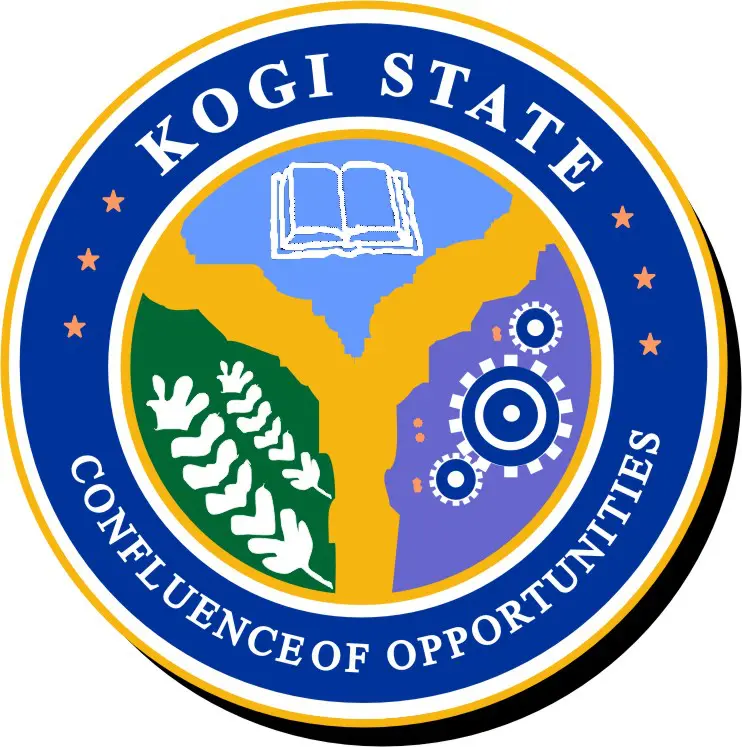The dire situation in Gombe State, Nigeria, is tragically highlighted by the high cost of anti-venom, monopolized importation, and insufficient funding for the Kaltungo Snakebite Treatment Center. Snakebite envenoming, a Neglected Tropical Disease (NTD), is wreaking havoc on farmers’ lives, jeopardizing livelihoods, and undermining the region’s agricultural backbone.
Sa’id Musa’s plight epitomizes the grim reality faced by many. Following a venomous snakebite while harvesting groundnuts, the excruciating pain and paralysis inflicted by the venom have left him on the brink of existence.
The financial ramifications of snakebite envenoming are equally devastating. The exorbitant cost of anti-venom treatment, reaching an alarming N60,000 per vial, forces farmers to sell their crops and livestock to cover medical expenses, leading to destitution and vulnerability.
The monopoly on anti-venom importation and the economic instability further exacerbate the crisis. A single pharmaceutical entity, A. A. Aliyu Maga Pharmaceutical Nigeria Limited, holds the burden of importing anti-snake venom, allowing it to set prices with little regard for the financial strain on snakebite victims.
The revival of the Kaltungo Snakebite Hospital initially offered hope. However, the lack of consistent donations of anti-snake venom and the monopoly on its importation have dashed the hopes of many snakebite victims seeking affordable treatment.
The personal accounts of farmers like Amos Maina and Sulaiman Usman paint a dire picture of the economic hardships and the harrowing journey to access treatment, further underscoring the urgency of addressing this crisis.
The international community, particularly the World Health Organization (WHO), must recognize the urgency of this issue. Immediate intervention is crucial to break the monopoly on anti-venom importation, stabilize prices, and ensure consistent and affordable access to life-saving treatment for snakebite victims.
The global spotlight on this crisis is vital, not only to raise awareness but also to mobilize essential funding for the Kaltungo Snakebite Treatment Center. Afraid and financially burdened, farmers in Gombe State can no longer bear the weight of this devastating crisis alone.
Underfunded Nigerian Snakebite Treatment Center in Crisis
The Kaltungo Snakebite Treatment and Research Center in Nigeria, serving patients from Nigeria and Cameroon, is on the brink of collapse due to staff shortages, poor funding, and a lack of life-saving anti-venom. With a 150-bed capacity and an average of 10 patients daily, rising to 15-20 during the rainy season, the center is struggling to meet demand.
The shortage of doctors and laboratory technologists puts immense pressure on the existing staff, while the scarcity of anti-venom forces victims to travel long distances for treatment. Despite efforts to transform the center into a world-class research and production facility, anti-venom production has yet to commence, exacerbating the crisis.
Community leaders are advocating for government subsidies to address the high cost of anti-venom, emphasizing the need for local production to ensure accessibility and affordability. They also urge the employment of more medical personnel to enhance the center’s efficiency and effectiveness.
Experts highlight the necessity for accurate data and comprehensive policies to secure government funding and drive initiatives targeting education and healthcare personnel. They stress the need for public awareness and the inclusion of anti-venom in the National Health Insurance Scheme to ensure widespread coverage.
The Kaltungo Snakebite Treatment and Research Center’s plight reflects a larger issue of underfunding and lack of resources for addressing snakebite envenoming in Nigeria, calling for urgent intervention and sustainable solutions.



